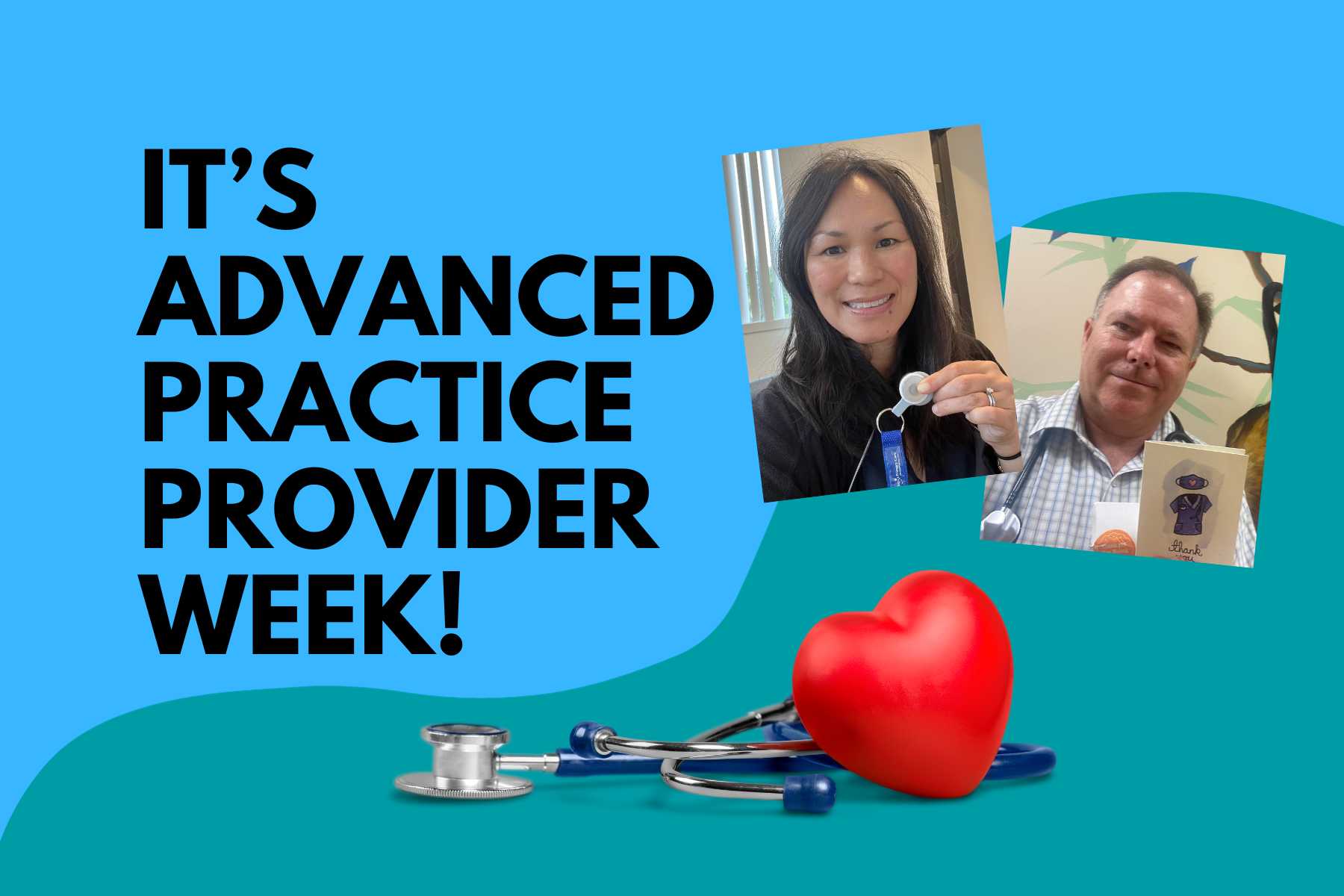HOW TO SURVIVE HOT WEATHER WITH A NEWBORN
With rising temperatures and heat advisories, caring for a newborn will mean a little extra planning and specific steps to keep them comfortable. Follow these tips to make sure your
Continue ReadingGratitude is the best attitude
As we step into the holiday season, we are reminded to be grateful. Both gratitude and thankfulness are positive practices that are important, not just during the holidays, but in
Continue ReadingType 2 Diabetes: what you need to know
Unfortunately, type 2 diabetes is occurring more often in children and teens. About one-third of American youth are overweight which is closely related to the increase in kids with type
Continue ReadingThe Three B’s of Reading Aloud to Your Baby
Developing a love of books starts at an early age with the stories read to us by our parents. On National Family Literacy Day, CPCMG celebrates the importance of reading
Continue ReadingSafety Tips for a Frightfully Fun Halloween
Halloween is a beloved holiday for kids and adults alike, filled with costumes, candy, and spooky fun. However, as parents, it's essential to prioritize safety during this festive season. In this
Continue ReadingCelebrating CPCMG’S Advanced Practice Providers
If your family has ever been seen by a CPCMG Physician Assistant or Nurse Practitioner, then you already know about the high quality of care and compassion provided by Advanced
Continue ReadingBuying used baby gear: how to make the right purchase
Getting ready for your new baby can be expensive. From car seats and cribs to diapers and toys, the dollars add up quickly. You may be tempted to buy used
Continue ReadingASK THE CPCMG PEDIATRICIAN: Jogging with babies
I’m ready to get back to running, but is it ok to take my baby along in a jogging stroller? Whether you are an experienced runner or just getting started,
Continue ReadingThe Incredible Benefits of Breastfeeding
Breastfeeding is a beautiful and essential aspect of motherhood, providing numerous benefits to both babies and moms. As we celebrate National Breastfeeding Month, it's vital to recognize the significance of
Continue ReadingASK THE CPCMG PEDIATRICIAN:
Babies and sunscreen
Our family spends a lot of time outdoors. Is sunscreen safe for my baby? Babies under 6 months of age should be in the least amount of direct sun as
Continue Reading









